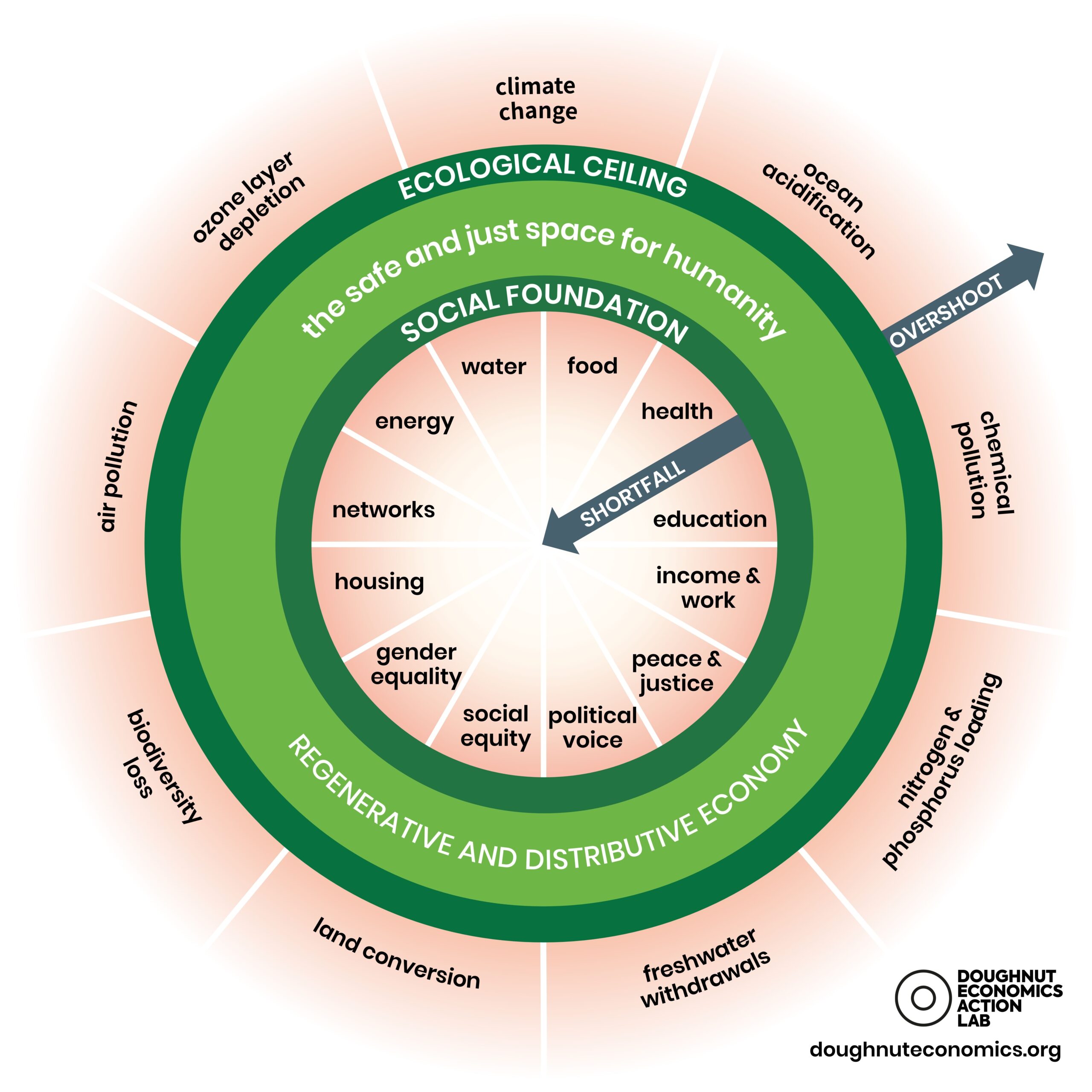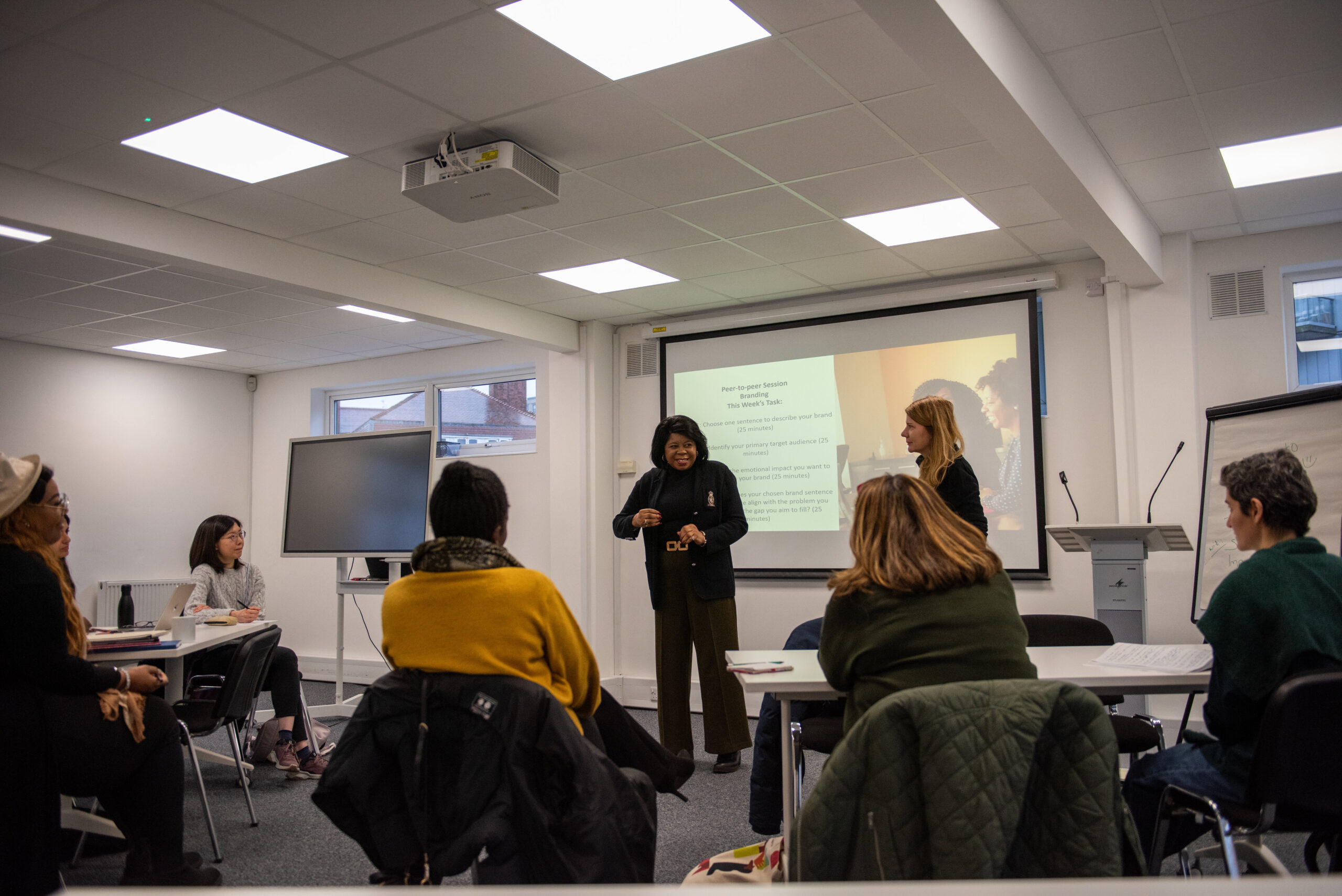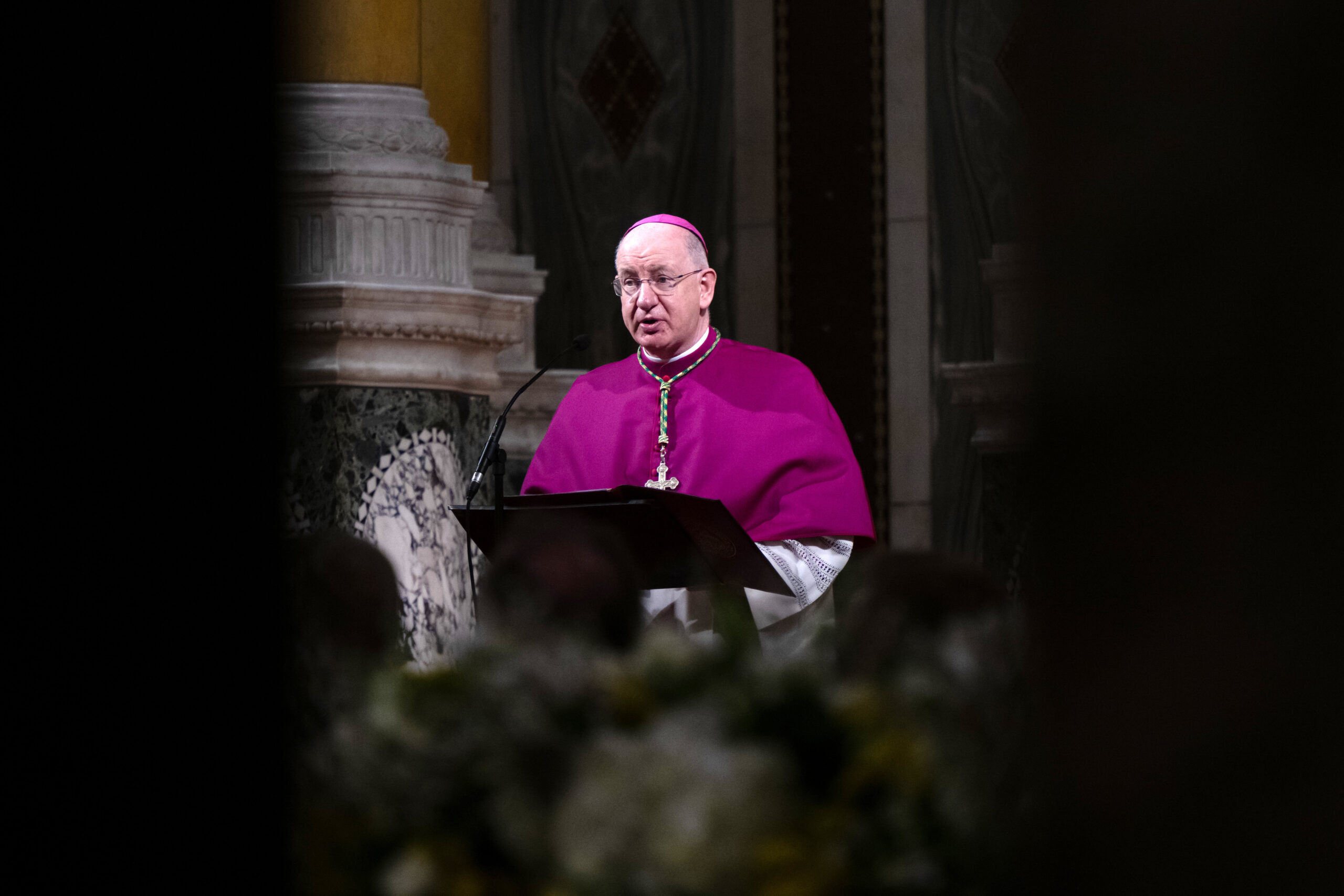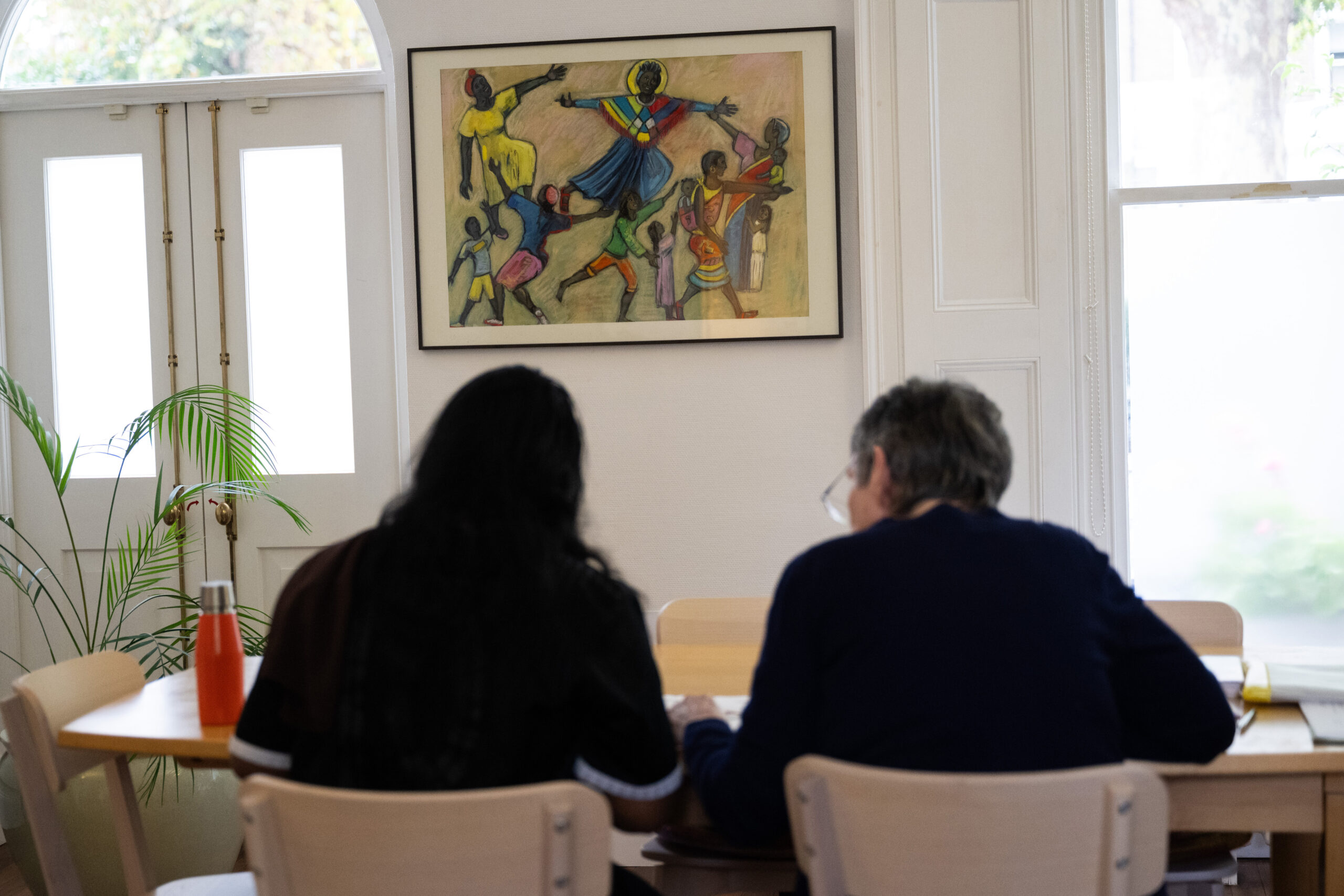I recently read that wealth is like the suspension on an expensive car. When you have it, you don’t notice what a good job it is doing smoothing you over rough patches. If you don’t have it, you feel every bump and pothole.
Climate change is going to bring a lot more potholes – literally as well as metaphorically. Devastating weather events are already making areas of the world – most often in the Global South – almost uninhabitable. CAFOD and other aid organisations are right to point out that climate breakdown is a matter of justice – with the poor who have done the least to contribute to it, being the most affected by it.
Whilst the UK is expected to see more extreme weather events, such as heat waves and flooding, our climate will, at least in the short term, remain hospitable. But there is still a risk that the poorest people in our own society, and those with the least power, will be badly affected. Those already living in poor accommodation, or indeed, without any shelter at all, will be worst affected by heavy rain and heatwaves.
A 2011 report for the Joseph Rowntree Foundation found that
“People who live in poorly constructed homes in ‘urban heat islands’ (where built environments retain heat), work in hot conditions, suffer ill health, are older or very young, receive low incomes and/or are disconnected from social networks are more likely to be vulnerable to high temperatures.”
The Greater London Authority commissioned Bloomberg Associates to create a Climate Risk Map, where as well as physical variables (likelihood of flooding, areas of high pollution, ‘heat islands’) social variables were used – including the percentage of income-deprived families and of social housing tenants, as well as the proportion who do not have proficiency in English.
The research states:
“Poverty is an important determinant of how well people can prepare for, respond to, and recover from climate-related events. People on low incomes are more likely to have a lower adaptive capacity to heatwaves because they lack both the resources to act and the power to make changes. Additionally, low income households are less likely to have the capacity to fully prepare for floods (through insurance and property level measures). They are also more likely to be displaced as a result of flooding.”
Climate injustice is a UK issue as well as a serious global issue.
As the recent joint statement from Pope Francis, Patriarch Bartholomew, and Archbishop of Canterbury Justin Welby said:
“We serve a God of justice, who delights in creation and creates every person in God’s image, but also hears the cry of people who are poor. Accordingly, there is an innate call within us to respond with anguish when we see such devastating injustice.”

Wealthy countries – and the wealthiest people in those countries, must take the lead in moving away from fossil fuels, to limit climate change, and urgently. But to meet the target of net zero carbon emissions, changes to our lifestyle and economy must be made across the whole of society.
And this is where the bumps along the way – for example, while we move away from gas boilers, petrol and diesel cars, and the consumption of large amounts of cheap meat – will be felt by the most vulnerable.
It is important that those of us who are working in social justice are aware of this, and that we raise awareness of these issues among the general public, and in conversations with those we serve – as well as in our advocacy and campaigning work. Our Road to Resilience Programme aims to help people become able to cope with changing events and crises, including climactic events.
Trying to achieve net zero – which after all, seems to be restricting people’s access to necessary energy and transport,- and bring people out of poverty can seem like an impossible task. And if we attempt to do it whilst carrying on with business as usual, it probably is.
But there are new ways of thinking that could help policy makers in this task.
For example, the “Doughnut Economics” model, proposed by Kate Raworth in her book of the same name, subtitled “Seven Ways to Think Like a 21st Century Eonomist”
Raworth argues that the purpose of economics needs to urgently move away from unlimited Growth and towards keeping all humans and the planet in a “safe space”. As illustrated by the doughnut shape:

The Safe Space of the doughnut is bounded inside by a Social Foundation, where a just distribution of wealth and power ensures that all people have the means to live fulfilled lives, free from poverty and fear. Among these are the five priorities of Caritas Westminster: Food, Shelter, Financial Resilience, Dignified Work and Social Inclusion.
The outside of the doughnut is bounded by the Ecological Ceiling, restricting human actions which cause damage to the planet – which is put in its correct place as the source of all wealth and wellbeing.
As we end this year’s Season of Creation and approach COP26, the international meeting on Climate Change taking place in Glasgow from 31st October, it is a good time to think about how we can respond as individuals, as parishes and schools, as a diocese, and as a country.
The Diocese of Westminster has announced plans to become carbon neutral by 2030 – something which will require the cooperation of every parish and school. The Justice and Peace Commission is at the forefront of this work, and Caritas Westminster will be doing all we can to support them.
But we need every household, business and community space across the country to become Carbon Neutral. With the right policy changes by Government this can be done.
For it to be done justly, it must include efforts to smooth the way for the most vulnerable in society, to ensure that neither climate change, nor our efforts to prevent it, create more hardship and injustice.

Louise Cook is Caritas Westminster’s Communications Officer and formerly a trustee of Green Christian.
Get more involved in Care of Creation and events surrounding COP26
You can use our Love In Action resources to help your parish learn about and act on Care of Creation alongside other aspects of Catholic Social Teaching.
Join us on the Road to Resilience.
Find out more about Climate Justice globally from CAFOD.
Watch this video, in which the Cardinal explains the Diocesan Decarbonisation programme:




